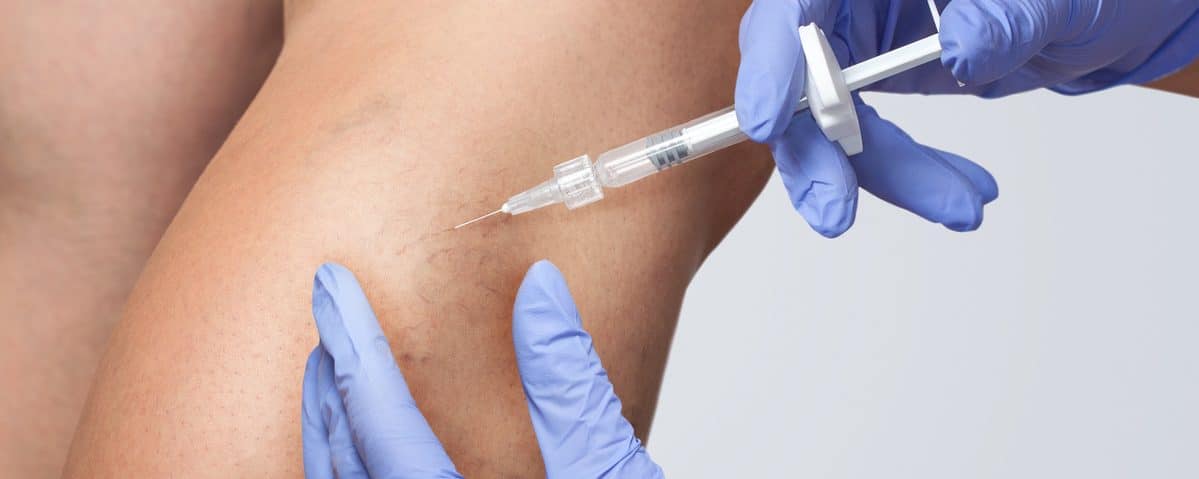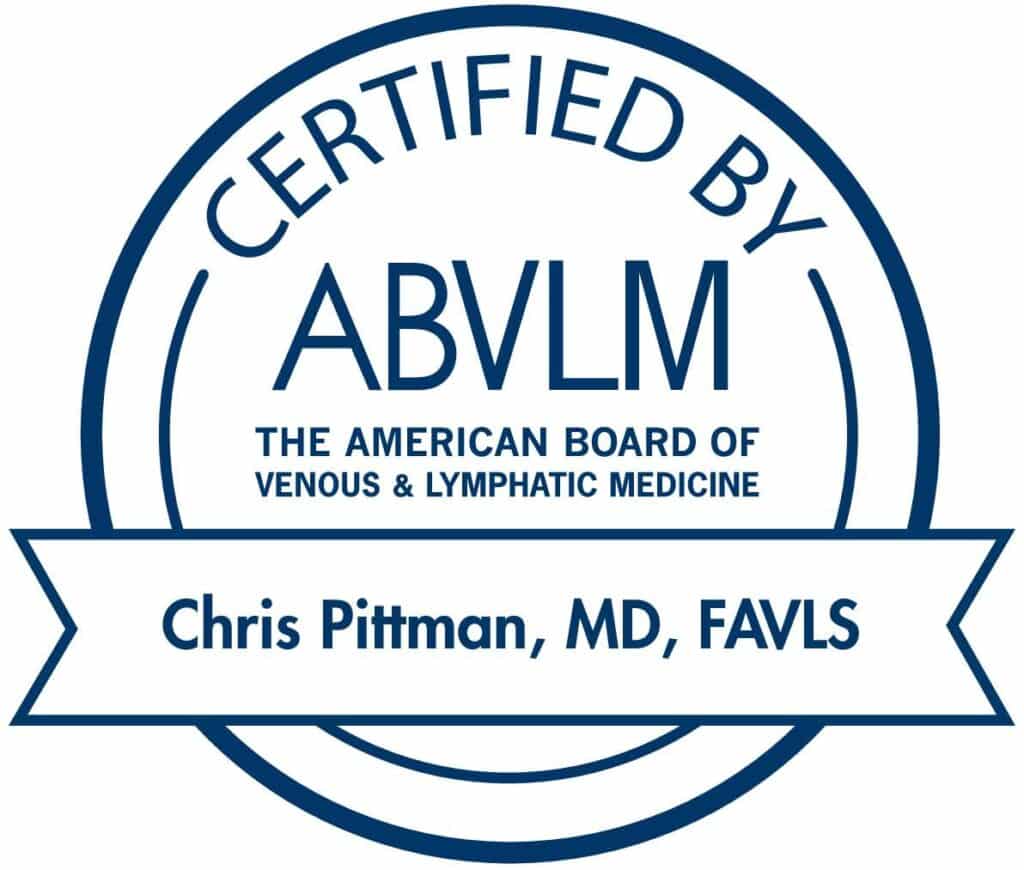Sclerotherapy lets vein doctors inject special medication into veins, so they collapse and disappear. Spider vein treatments and varicose vein procedures that involve sclerotherapy are mostly pain-free. What happens after the treatment, though? Will you be able to return to your normal life? Here’s what you shouldn’t do after your Sclerotherapy Procedure.
To answer that question, first, you must have a better understanding of how sclerotherapy works and what to expect from it.
What is Sclerotherapy?
With a sclerotherapy treatment, a physician injects an irritating solution into a diseased vein. The medication causes the vein to swell, and eventually, it loses blood flow. When that happens, the body will automatically reroute the blood, and the vein will collapse and disappear.
Some people experience mild side effects after the treatment near the injection site, such as:
- Itching
- Redness
- Bruising
- Spots or lines similar to spider veins. They should disappear on their own.
None of these issues should interfere with daily life, though. Deciding when to get a cosmetic vein treatment is both a personal decision and a medical one, so talk to a doctor if to see if it’s right for you.
How Long After Sclerotherapy to see Results?
It will vary from patient to patient. On average, veins fade within a few weeks. It may be a month to see the full effect, though. Large varicose veins may take a few months to disappear.
Does Sclerotherapy Last?
Sclerotherapy completely obliterates the treated vein, so it does last. It only works on the treated areas, though. Having this procedure done does not mean you won’t develop more diseased veins. The physician will talk to you about ways to prevent the problem and keep your veins healthy to reduce the risk.
Can You Return to Normal Activities After the Treatment?
You should follow whatever instructions your vein doctor provides. For most, that will include normal activities within a couple of hours of the treatment, including returning to work, as long as your job is not too strenuous.
The doctor will likely suggest you walk around some to help improve the circulation in the legs and promote healing.
Do You Have to Wear Compression Stockings after Sclerotherapy?
It might be beneficial for some to wear compression stockings, but it is not a requirement for every patient. The doctor will discuss this option with you and let you know if it is appropriate.
Are There Things You Should Avoid?
For the most part, you can expect to return to your normal activities. There are a few restrictions for patients who undergo sclerotherapy, though. The doctor will recommend that you avoid:
- Taking aspirin, ibuprofen, or any other anti-inflammatory medication.
- Certain forms of exercise, including jogging, jumping, lifting weights, basketball, and tennis. Anything strenuous that puts stress on the legs.
- Bathing in hot water — this includes showers and baths
- Hot tubs or saunas
- Hot compresses on the treatment area
- Exposure to sunlight and tanning
Although rare, there can be complications with sclerotherapy such as:
- Blood clots — They can form in the legs and travel to any part of the body, including the heart or lungs. If you have a history of blood clots, be sure to inform your doctor before treatment.
- Sores or ulceration at the injection site, for most, the site will heal quickly, though. If you have diabetes, it is essential to tell your doctor before you have this treatment.
Since allergies are possible, tell your physician if you have had a reaction to a similar treatment in the past and of any known allergies.
If you have varicose veins, now is an excellent time to meet our vein physicians in Florida at Vein911® Vein Treatment Centers.











